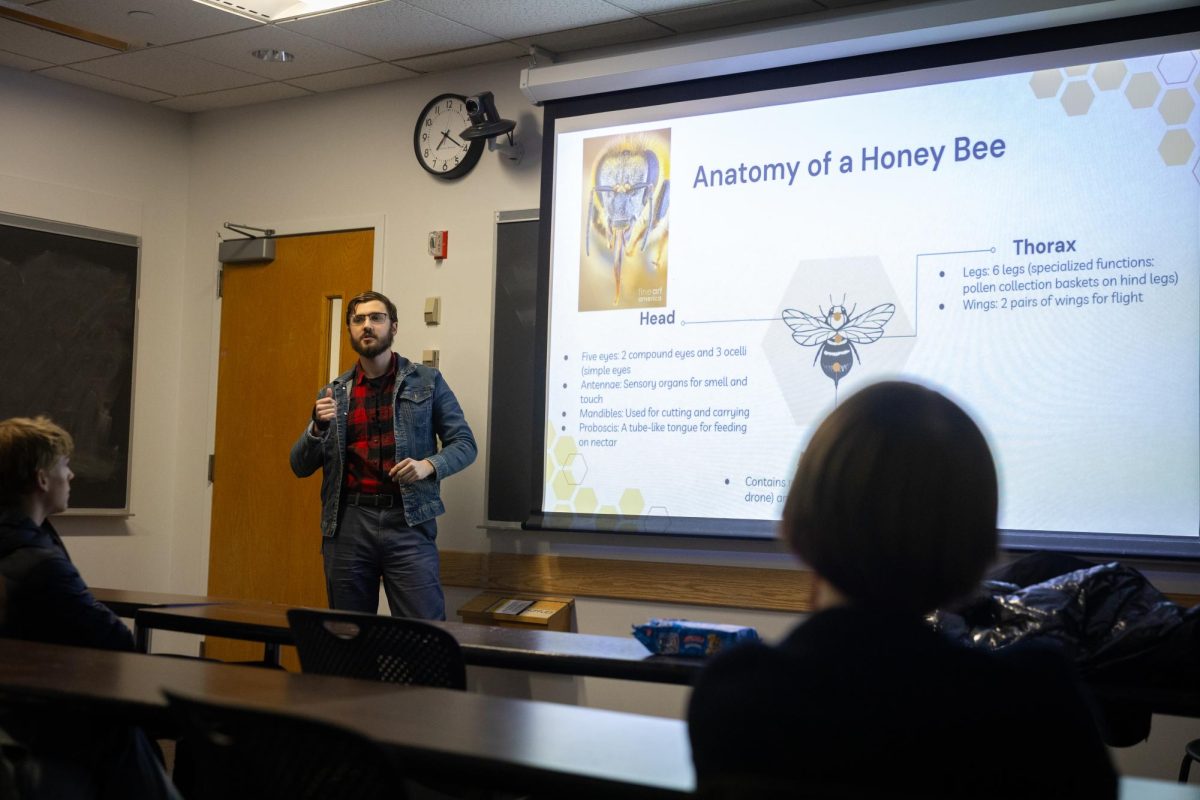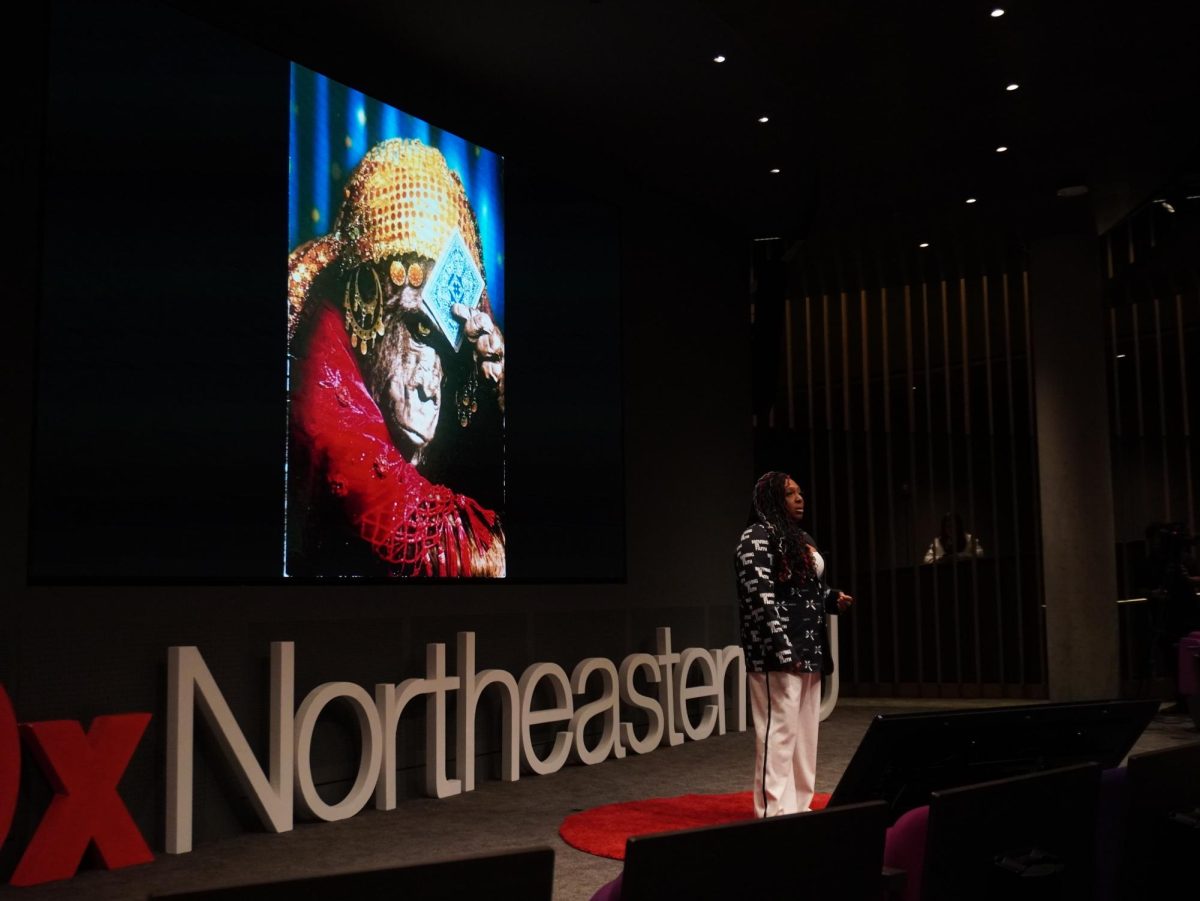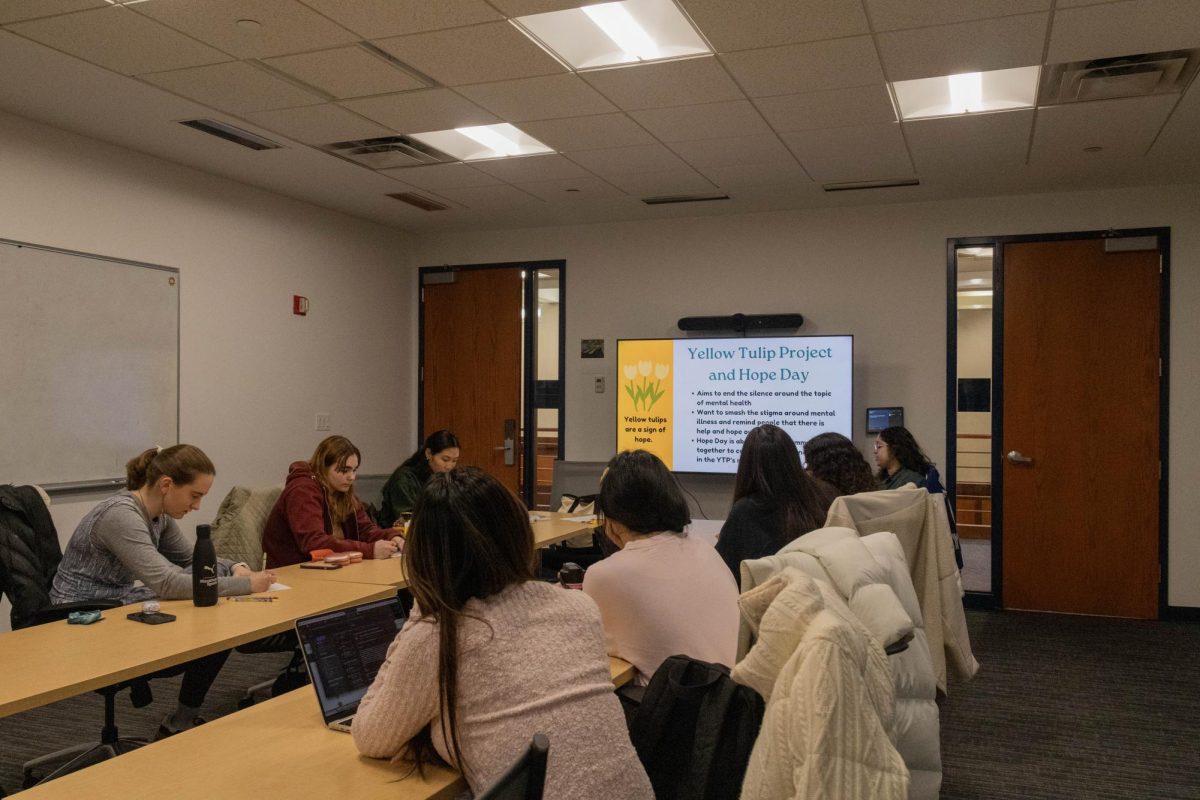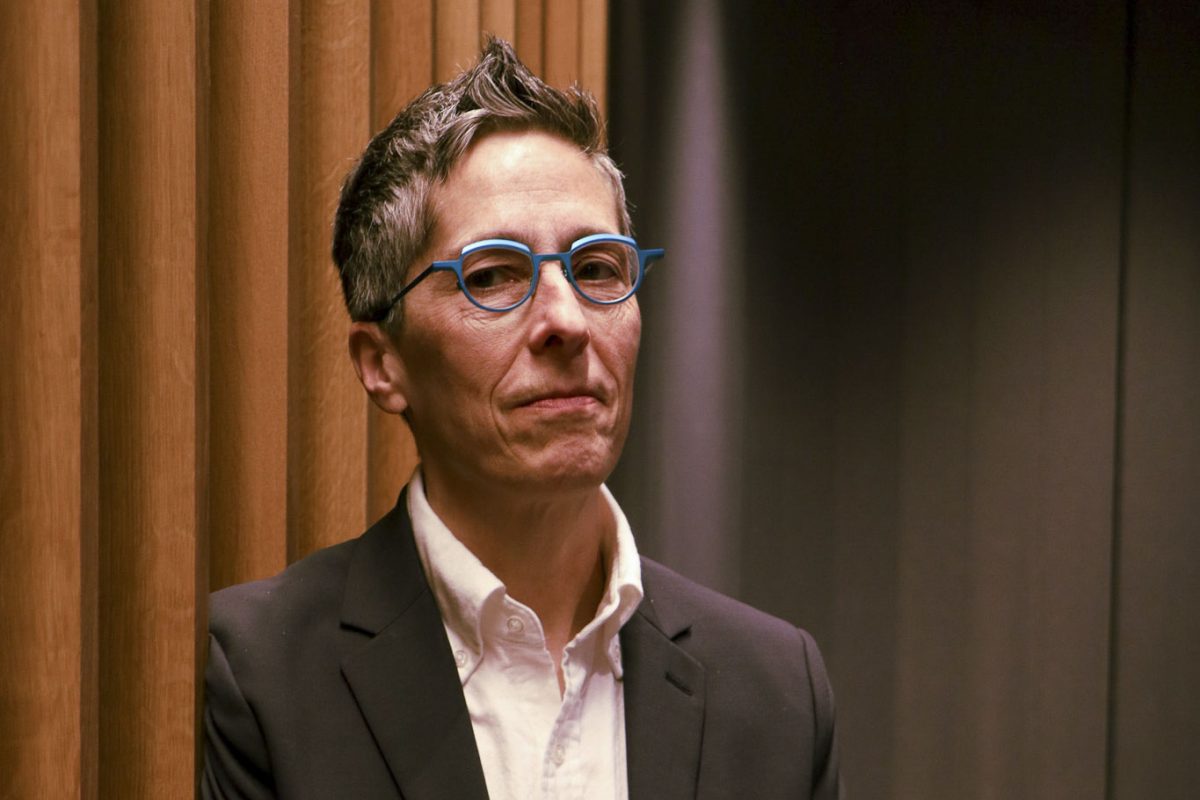By Lawrence Holt, News Correspondent
With the presidential election entering the final stretch, the Northeastern Student Government Association (SGA) has seized the occasion to launch NUVotes, an initiative comprised of various campus organizations designed to register students to vote and spark a greater interest in politics on campus.
“During the presidential elections, students are naturally paying more attention to politics,” SGA President Pete Petrin said. “So this is a great opportunity to get engaged and show how it’s not just about what you see on MSNBC or FOX News. Not only do we want students to register and vote in the presidential election, but we’d like to inform students on their options at all levels of government and their community.”
Working closely with the university’s Office of City and Community Affairs, NUVotes seeks to provide opportunities for students to inform themselves and get engaged. The initiative was first seen on campus during the 2008 election, and many of the same groups are involved in the programs this year.
At booths around campus, students can grab voter registration forms until the Oct. 17th deadline. The forms are then brought to City Hall and processed for students who want to vote in Massachusetts. The goal is to register 1,000 students and about 350 have already been registered so far, organizers said.
Patrick Giusti, a 21-year-old political science major from Connecticut, said he planned on voting in the presidential election via absentee ballot. When asked about local elections, he recognized their importance but felt that as a student, his busy lifestyle did not permit him to get seriously involved. “However, I definitely feel like I’m a part of the community here,” he said.
One goal of NUVotes is to let students know that as residents of Massachusetts, they have the right to vote here.
“Students move around the country a lot, and the whole registration process can be very confusing and difficult. Many shy away from it because it seems complicated,” ex-Massachusetts governor and Northeastern professor Michael Dukakis, said. “So the campaign’s first and biggest issue is just to get students registered, and there’s no better place to do that than on campus.”
Dukakis, who ran unsuccessfully for president in 1988, explained that political activity starts at the individual level, with party workers knocking on doors and establishing relationships with people. Although a Democrat, Dukakis said he’s happy to see political activity in both parties in the interests of maintaining a healthy democracy.
“I’m a huge believer in young people getting deeply and actively involved in the political process at every level,” he said. “It’s important for students to get out there among their peers and engage them personally.”
The programs developed independently under the NUVotes banner are a step in this direction. Groups such as the Resident Student Association (RSA), International Relations Council (IRC), Economic Society, College Republicans and Democrats, and the Political Science Student Association have all organized events to capture students’ interests by offering a mix of entertainment and education.
For example, the IRC is hosting an election night watch-party at afterHOURS with food, information, and entertainment.
A debate planned by the Economics Society for Oct. 19 is expected to bring together students from the College Republicans and College Democrats in Blackman Auditorium to discuss whether Obama’s 2009 recovery stimulus package was successful.
“The goal is to get students interested enough in politics to participate, and once we can do that then politicians will start to give college kids more recognition and speak to our interests,” Charles Pioli, a member of the Economics Society and organizer of the debate, said.
All these efforts are geared towards engaging a student body that has been typically perceived as uninvolved with its surrounding community, an issue that has lead to tension between Northeastern’s student population and Boston residents.
“When you hear local officials come to speak to the university they very often leave out student interests, but if they were registered to vote, if they were constituents of our locally elected officials, their interests would be reflected in what the officials were saying,” Petrin said. “But unfortunately there’s a disconnect right now.”








